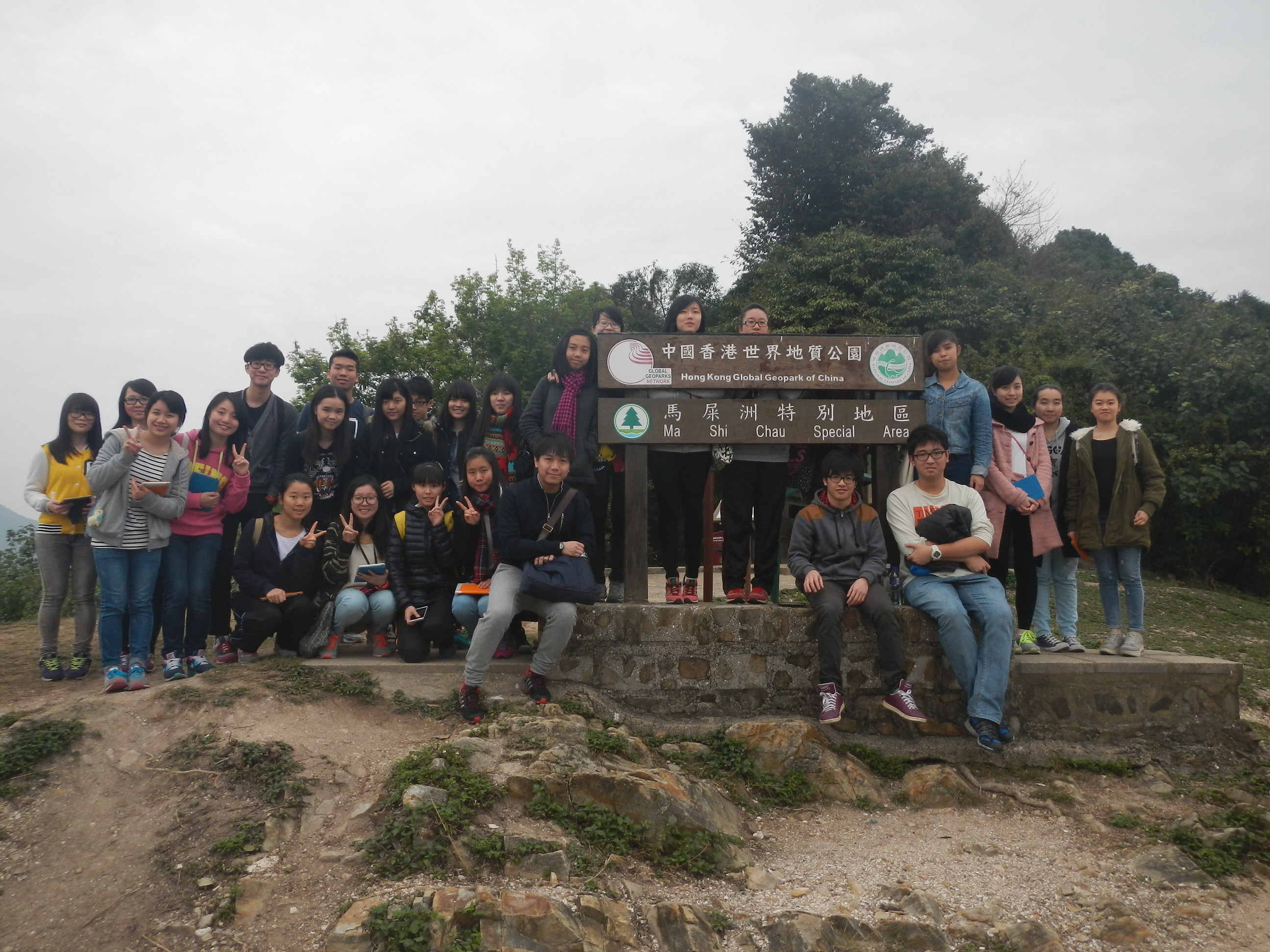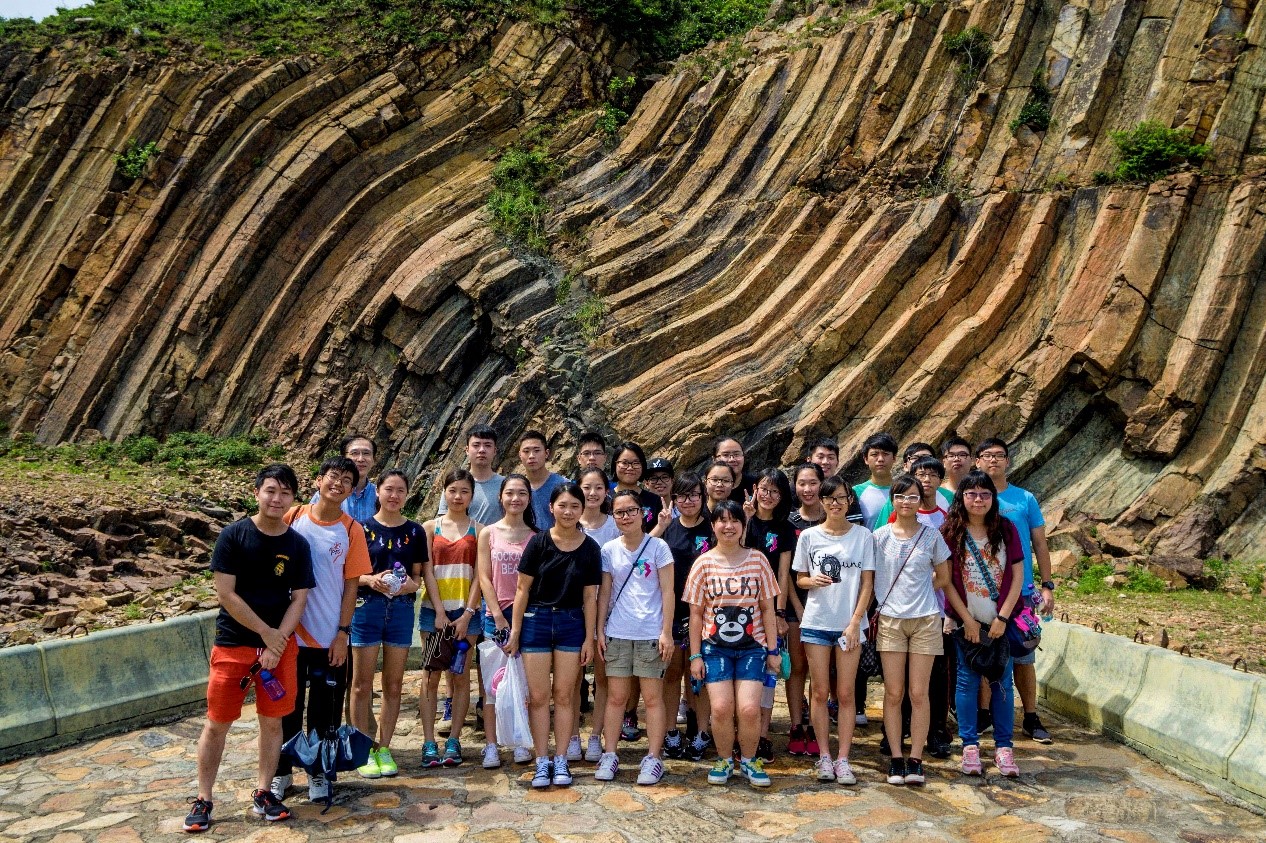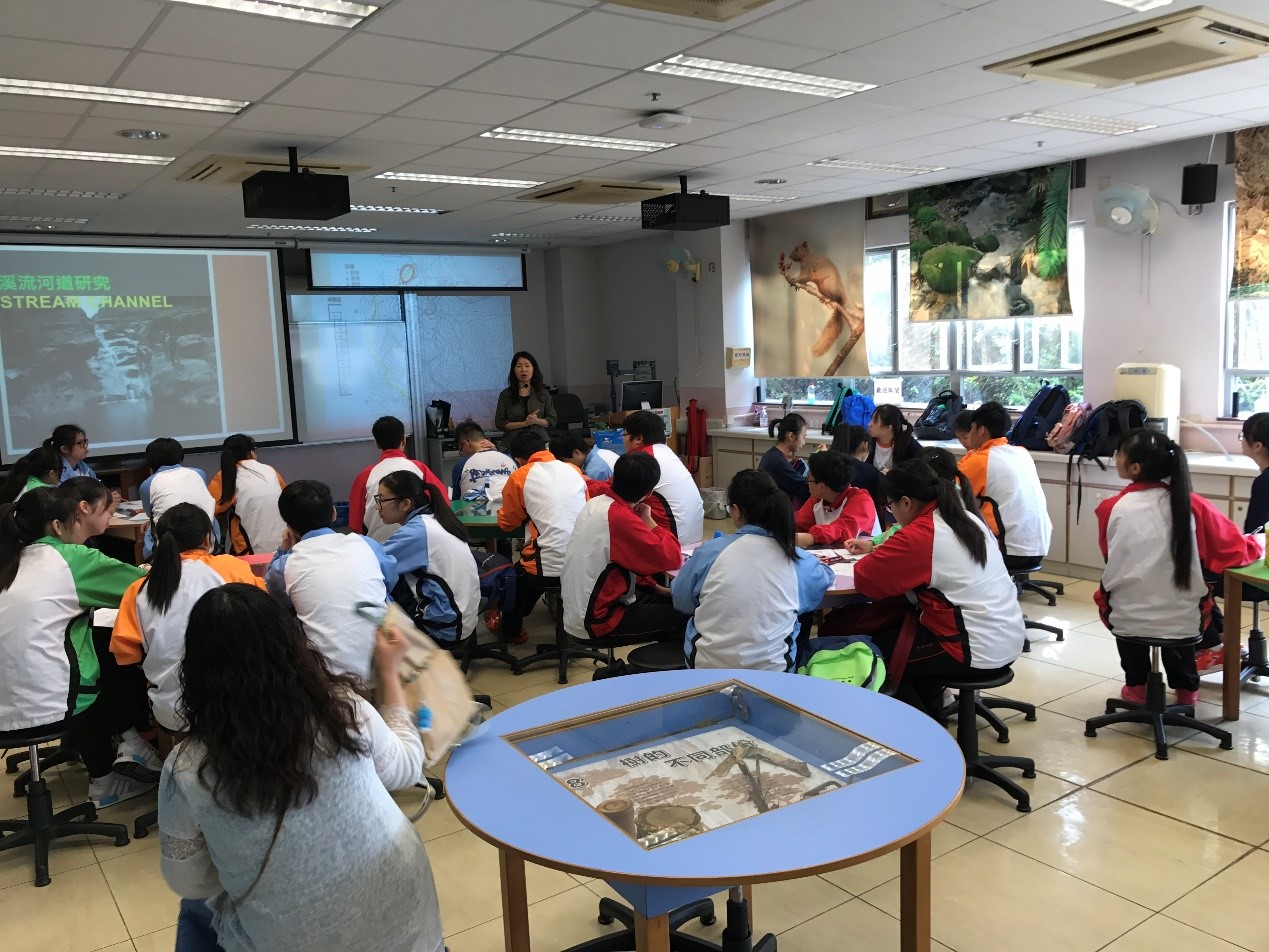Geography
地理
Introduction
Geography is an indispensable discipline that enables us to understand the Earth we are living in from spatial and ecological perspectives. It provides a systematic framework for inquiry in order to find answers to questions about our surrounding world.
Secondary school geographical education should aim at the development of basic geographic competency in our students. It also equips the students with fundamental geographic knowledge and skills to tackle problems and challenges in their daily life.
Member(s)
Mr. So Tsz Chuen (Panel chairperson), Miss Chieh Suk Man, Miss Mui Wing Lam
Aims
The aims of this curriculum are to enable students to:
- understand the Earth they inhabit, and enable them to recognise and interpret, from a spatial perspective, the arrangement of phenomena and features on Earth, the processes at work, the interactions that occur, the changes that result, and the issues and management responses that arise;
- develop the general intellectual capacity and generic skills needed for lifelong learning through geographical enquiry, and the ability to apply these in life situations;
- appreciate the wonder, interdependence and fragility of the local and global environment, and the importance of promoting sustainable development; and
- develop a sense of citizenship, a global outlook, and readiness to take action for the betterment of society, the nation and the world.
Curriculum
| Form | Curriculum | Remarks |
|---|---|---|
| S.1 |
|
|
| S.2 |
|
|
| S.3 |
|
|
| S.4 |
|
Part of the content of C4 (Building a Sustainable City) will be taught in summer |
| S.5 |
|
Part of the content of E1 (Dynamic Earth) will be taught in summer |
| S.6 |
|
Mode of Assessment (HKDSE)
| Paper 1 | Paper 2 | |
|---|---|---|
| Weighting: | 75% | 25% |
| Scope: | Compulsory part | Elective part |
| Duration: | 2 hours and 45 minutes | 1 hour and 15 minutes |
| Section/ Question type: |
A. Multiple-choice (20%) B. Fieldwork-based (15%) C. Data/Skill-based/Structured (30%) D. Short Essay (10%) |
E. Data/Skill-based/Structured (15%) F. Short Essay (10%) |
The modes of assessment also include field reports and class performance to evaluate students’ learning progress, apart from examinations and regular tests.
Activities
Field visits to geoparks have been organized regularly (including Ma Shi Chau, Sharp Island and High Island Reservoir, etc.)
Photographs
 |
 |
 |